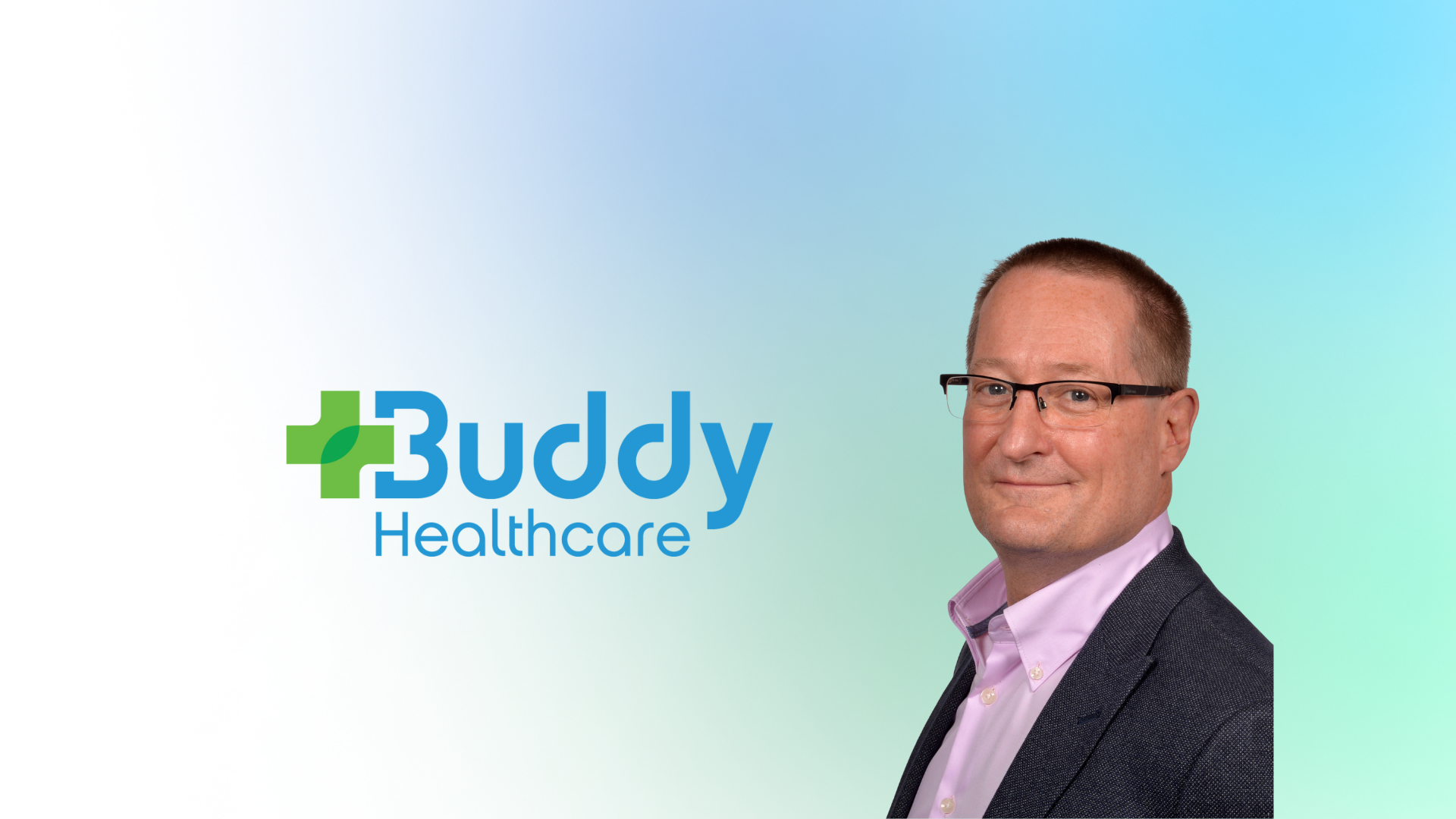Postponing non-urgent surgical procedures has led to a significant backlog in elective surgeries. This has not only impacted the capacity of the surgical system, but now many patients are afraid of coming to the hospital due to the fear of contracting COVID-19. Many hospitals have also reported that they receive significantly more patient calls than in the past.
Remote care solutions can support hospitals by providing timely, up-to-date information to patients, enabling faster and automated communication methods that benefit the hospital, especially now, but also in the future. Well-planned content delivered at the right time will provide patients with peace of mind. Automation ensures that messages are sent at the right time, eliminating time-consuming manual work such as phone calls, letters or emails.
Increased administrative workload and patients' preoperative anxiety
Many surgery clinics have started elective surgeries again, and patients are waiting for their procedures. Care personnel may feel overloaded with manual administrative tasks such as making phone calls to patients and sending letters or emails. Care teams might be looking for ways to reduce healthy patients' Covid-19-related preoperative anxiety and fear, thus avoiding unnecessary anxiety-related phone calls, late cancellations or no-shows.
Virtual care can ease patients' preoperative anxiety and fears
When patients are experiencing anxiety before their procedures, one efficient way of reducing fear and anxiety is through increased patient communication. This does not necessarily need to happen through time-consuming phone calls or mailings, as today's digital health solutions can fully automate patients' entire perioperative communication and care coordination. Preoperative anxiety and fear can be reduced, for example, through automated frequent communication describing how hospitals have taken care of safety during these uncertain times, providing patients with information on why it is safe to come to the procedure, what happens before and after the procedure or detailed instructions on what to do when arriving at the hospital.
Automated preoperative anxiety questionnaire collection
In addition to the improved communication, hospitals can digitally collect preoperative anxiety and fear questionnaires or scales from the patients to find out if there are patients who need extra support. Identifying the most anxious or stressed patients in advance can help reduce unnecessary no-shows or late cancellations.
Perioperative virtual care can reduce unnecessary post-op visits
Currently, many hospitals are looking for ways to offer remote or virtual care solutions to their patients. Buddy Healthcare's care coordination and patient engagement platform can support patients pre- and postoperatively.
- The user-friendly interface helps patients and healthcare professionals to come together and manage shared care remotely through shared information, guidance, and secure two-way communication.
- With the remote monitoring tool, care personnel have a real-time, at-a-glance visibility of their patients' activities and an overview of the process, enabling them to intervene at the appropriate times.
Patients can send photos of their wounds to their care team after surgery, fill pain scales and submit data such as anxiety and fear scales for healthcare professionals’ evaluation through the BuddyCare mobile app. This is an excellent way for care teams to, for instance, check out patients' surgical wounds remotely and interact with the patient through the platform.
We have previously written blog postings about how patients experience mobile app guidance and support, and also what benefits healthcare professionals experience with a care coordination platform.



